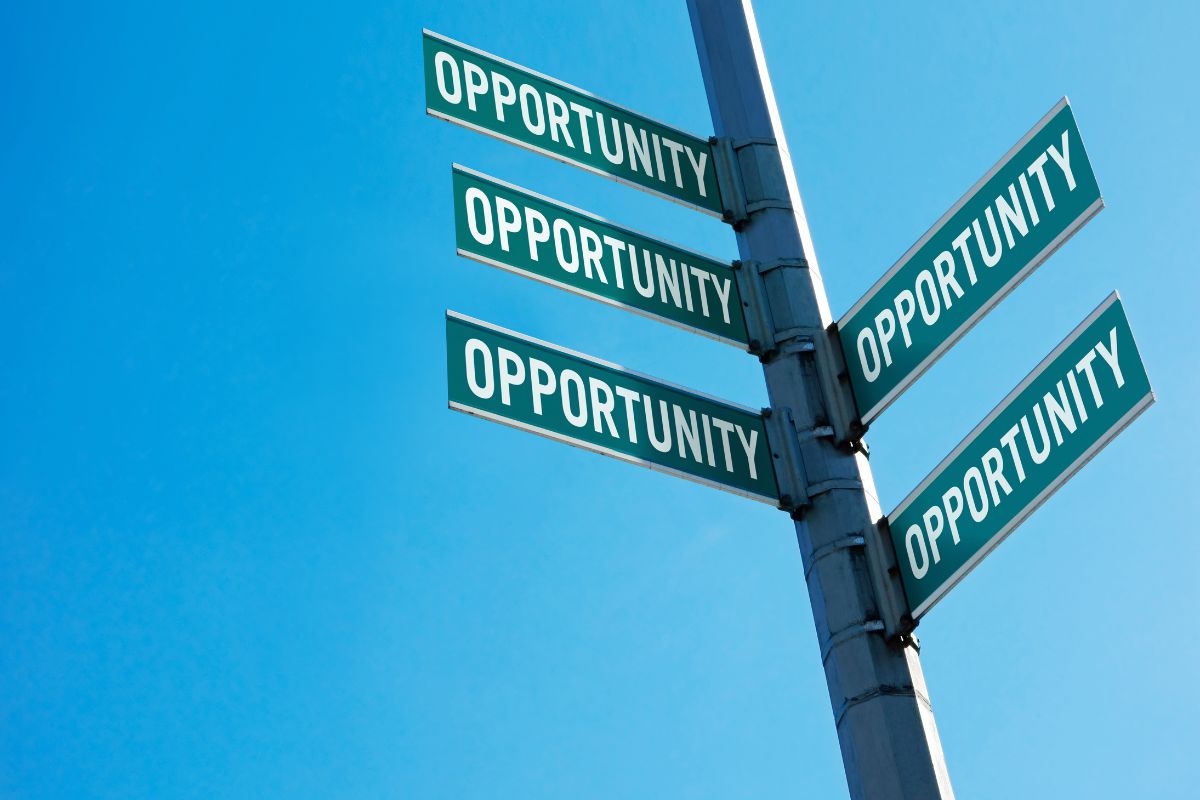
Your studies are a primary source of career and personal development. But other learning opportunities pop up along the way as well. How much attention are you paying to these? Reading time ~ 3 minutes.
Since arriving at Flinders in 2017 I’ve taken an interest in how people learn. Not so much what people learn (i.e. the content of their degree) but how they go about taking on that information and using it.
Professionally, this has translated into my Evidence-based Study and Exam Preparation tips guide. Personally, it has translated into me keeping an ever more detailed learning journal.
I think (but I’m not sure) that it has resulted in me being better attuned to the various learning opportunities that pop up in my everyday life.
For example, yesterday I was on an interview panel for another university who were hiring someone to do a role similar to what I do here at Flinders.
I enjoy being on interview panels. It is a chance to meet new people and talk about their work, two things which I like. Because we were interviewing people for a role similar to mine, it resulted in me reflecting on my role and how I go about it.
Now the specifics of those reflections aren’t likely to be interesting to you and aren’t the takeaway messages for this post.
Instead, one takeaway is that there are significant moments of learning available to us through different activities, not just those that we typically associate with learning.
For you as a student, it means there are valuable self and career insights available from activities other than your degree. These include casual uni work, participating in clubs and societies, attending on campus events, engaging in professional development workshops, volunteering, engaging with social media, and many more. Horizon actually formalises and gamifies this process with their suite of professional development activities for which you can earn points and awards.

How many additional learning opportunities you activate for yourself is a function of time, attention, interest and awareness.
Before signing up for a bunch of extra-curricular activities, it is worth asking yourself how you are going with your studies. If you are keeping up and getting the results you want, expanding your horizons makes sense. I usually don’t recommend that those who are falling behind on their studies load up on more activities (some people use extracurricular activities as an advanced form of procrastination). The exception to this rule would be if you’ve lost interest in your degree/studies and doing some extra-curricular activities might re-ignite your interest.
You also need to consider if you have the time and energy to allocate to something new. Everyone’s life is different. We have different responsibilities, desire/need for leisure and downtime, need for connection and belonging. work and family responsibilities, health status and resources available to us. Only you can tell if a) you have some energy/time to spare and b) whether you’d like to allocate that to activities related to, but not directly, your studies. Of course, not all opportunities involve significant allocation of time. The interviews I participated in only took a few hours, but it provided a lot of content upon which to reflect.
That brings me to the second takeaway message from this post. Participation in an experience doesn’t necessarily translate into gaining anything from it. You may need to take specific action to extract lessons from an experience. Activities that help us extract lessons from an experience include:
- taking notes during the experience (e.g. a workshop)
- spending some time after the experience reviewing our notes or writing down some reflections
- creating something from the experience (e.g. a blog post, social media post, piece of art, etc)
- connecting aspects of the experience to some aspect of your life or to something you already know
- sharing your learnings with someone
- finding ways to remind yourself of what you’ve learned by modifying your environment or building a new habit (for example, you could put a relevant quote on the fridge door)

When I think back over my time since graduation, even during periods of my career where I was a bit stuck, I’ve been continually interested in learning stuff about my profession. A difference between me now, and me 10 years ago is that current me is better at capturing, articulating and using what I’ve learned. Yes, it takes up time to document my learning, but the benefit is a residual feeling of growth and improvement, both of which I value.
I guess, I am encouraging you to attend closely to the learning opportunities you have, other than your degree.
Have you had a recent experience of learning something valuable from an experience that you didn’t think would necessarily yield such a lesson? Feel free to share in the comments below.

